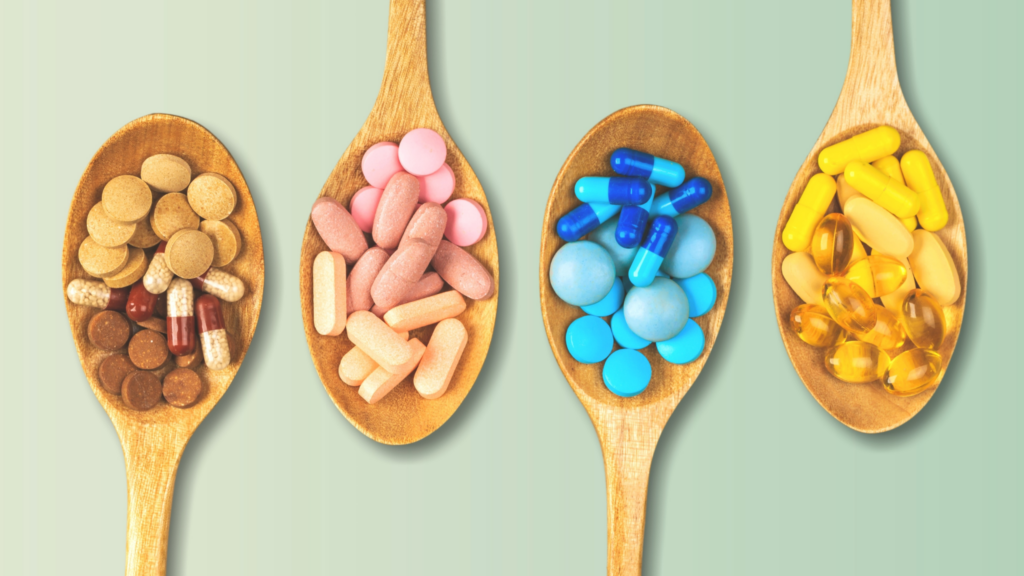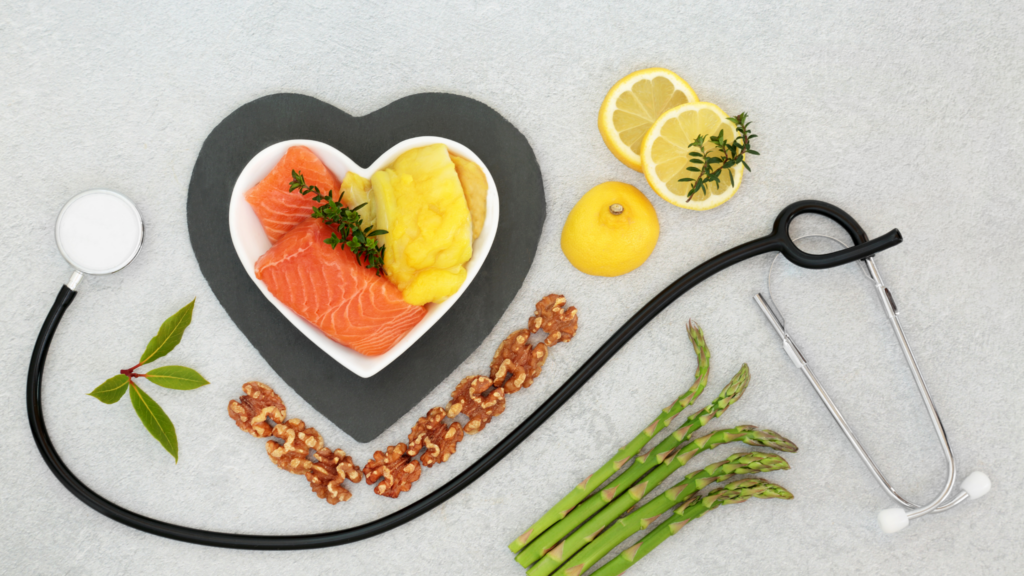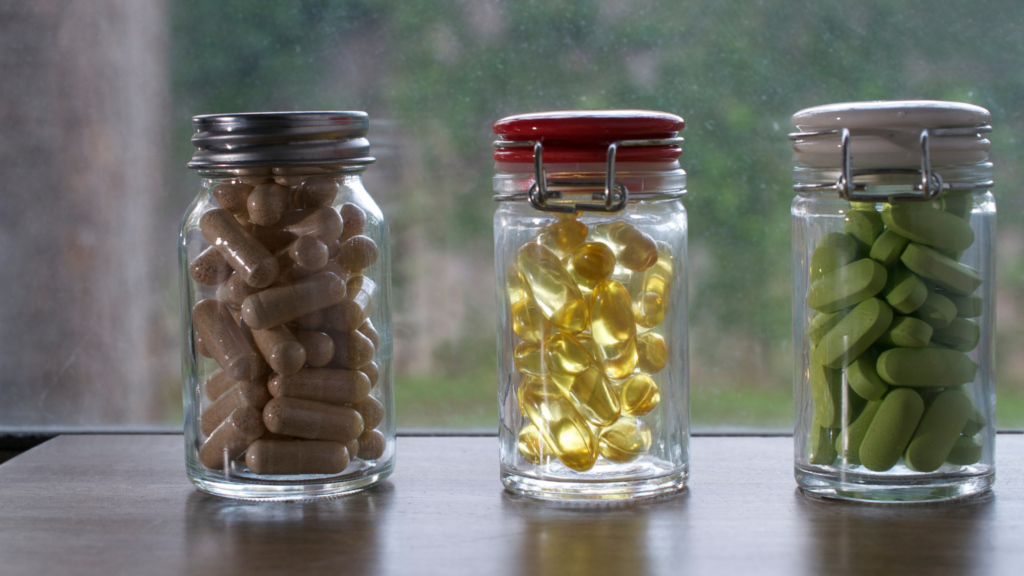
Are antioxidants good for your heart? You would likely answer that question with a resounding “yes,” but why is that the case? What are the different antioxidants that fall under this category and why are they so good for your heart health?
Additionally, what kinds of vitamin supplements or others should be a part of your dietary intake to ensure that you are reaping the benefits alluded to?
If you’re looking for a healthy way to lower your risk of coronary artery disease or any other cardiovascular disease, you may want to pay attention to the information below on the best antioxidants for heart health.

Here’s a look at how each of the named antioxidants helps to lower this risk as well as some great places to find them!
Among antioxidant vitamins, vitamin C intake is essential as it is going to be your predominant plasma antioxidant. It’s water soluble and has the responsibility of preventing the entry of free radicals into LDL particles. Beyond that, it will support your vitamin E intake efforts since it also regenerates any active traces of the vitamin.
Finally, it assists with cholesterol excretion, which will help maintain a healthy inner surface area of your arteries, meaning your blood pressure is better regulated. Some of the best sources of vitamin C are:
Betalains are great for aiding in the natural detoxification processes that your body will go through. This means that inflation, which can damage your arteries, can be reduced and oxidant stress can be alleviated too.
Nitric oxide is present in droves here meaning it can help you reduce your risk of coronary heart disease since the compound can dilate your blood vessels and help you to maintain a healthy blood pressure.
Betalains are found in beets, which as you may know, can be enjoyed in a series of ways. For one, you can make yourself a delicious salad with them.
Beyond that, perhaps you may want to consider making yourself some delicious beet juice!
Your vitamin E consumption is going to be essential in mitigating polyunsaturated fatty acid peroxidation in membranes. Whether you use vitamin E supplements or you obtain it from foods that contain it, you’ll want to have a sufficient amount to ensure that it can be present in cell membranes and lipoproteins.
This will translate to mitigating against LDL oxidation, which is essential in the prevention of ailments such as coronary disease. Among dietary antioxidants, you’ll find vitamin E to be the predominant one in LDL.
Now, how do you get enough vitamin E into your system? Unfortunately, meeting the requirements for dietary vitamin E intake is pretty difficult naturally, though it’s found in wheat germ, seed and vegetable oils, and to a lesser extent in vegetables, fruits, and fish. Making it one of your vitamin and antioxidant supplements may be the best option.
These powerful plant pigments are a part of the flavonoid family. Their purpose is to help promote healthy blood flow through the arteries and reduce the build-up of plaque that may occur. Additionally, there are indications that they decrease bad cholesterol (LDL) and increase good cholesterol (HDL) in the human body.
Just a couple of servings daily should be enough to get them to do their part in preventing cardiovascular diseases. Speaking of which, the foods rich in anthocyanidins are cranberries, blueberries, strawberries, raspberries, and blackberries.
This is one of the most multifunctional antioxidants out there. It’s known for its contribution to stronger bones, better eyesight, and greater cognitive health. Apart from that, however, it does its part in the fight against cardiovascular mortality.
First, it does a great job of reducing the damage that free radicals can do. Additionally, it will help with high cholesterol concerns since it will lower LDL and increase the amount of HDL present.
The best part is that it’s super easy to get more lycopene into your diet. This can be done with tomatoes, grapefruits, or watermelon. A fun fact is that the antioxidant is responsible for the pink hues that you will see in certain fruits and vegetables.
Beta carotene is one of many carotenoids out there. However, most of them have functions that are yet to be understood. Thankfully, that’s not the case for this one as it is known to help you reduce the uptake of oxidized LDL without preventing the oxidation of LDL. Plasma and LDL will carry this vitamin A precursor.
Where can you get some beta carotene? Well, some of the best options out there are as follows:
While the way resveratrol works isn’t fully understood, it is believed to be great in helping the prevention of coronary heart disease. One of the current working theories is that the antioxidants present are adept at increasing the levels of HDL present while preventing unhealthy cholesterol build-up.
You’re going to find this one in red wine, but bear in mind that the American Heart Association, as well as the National Heart, Lung, and Blood Institute, advise against drinking just for potential heart disease benefits since drinking can become addictive and create other concerns.
The final entrant is astaxanthin, which is said to be very good for improving blood flow. Additionally, for those who are smokers or may be overweight, this is a great option to lower oxidant stress. When this compound was compared to other carotenoids in a study, astaxanthin showed the greatest level of anti-free radical activity.
Shrimp, yeast, microalgae, trout, and Pacific salmon are great places to get the antioxidants into your body.

Dietary antioxidant vitamins and other sources are recommended as they can contribute in a series of different ways to help you protect yourself against cardiovascular diseases. Some of them will do this by helping your blood flow become optimal, for example, while others may lower the unhealthier LDL variant of cholesterol.
Incorporate the foods highlighted above to protect your heart. However, remember that if you are going to consume red wine, ensure you aren’t doing so just for potential heart health.
Copyright © CardiacKrock.com. 2022 All rights reserved. | Sitemap